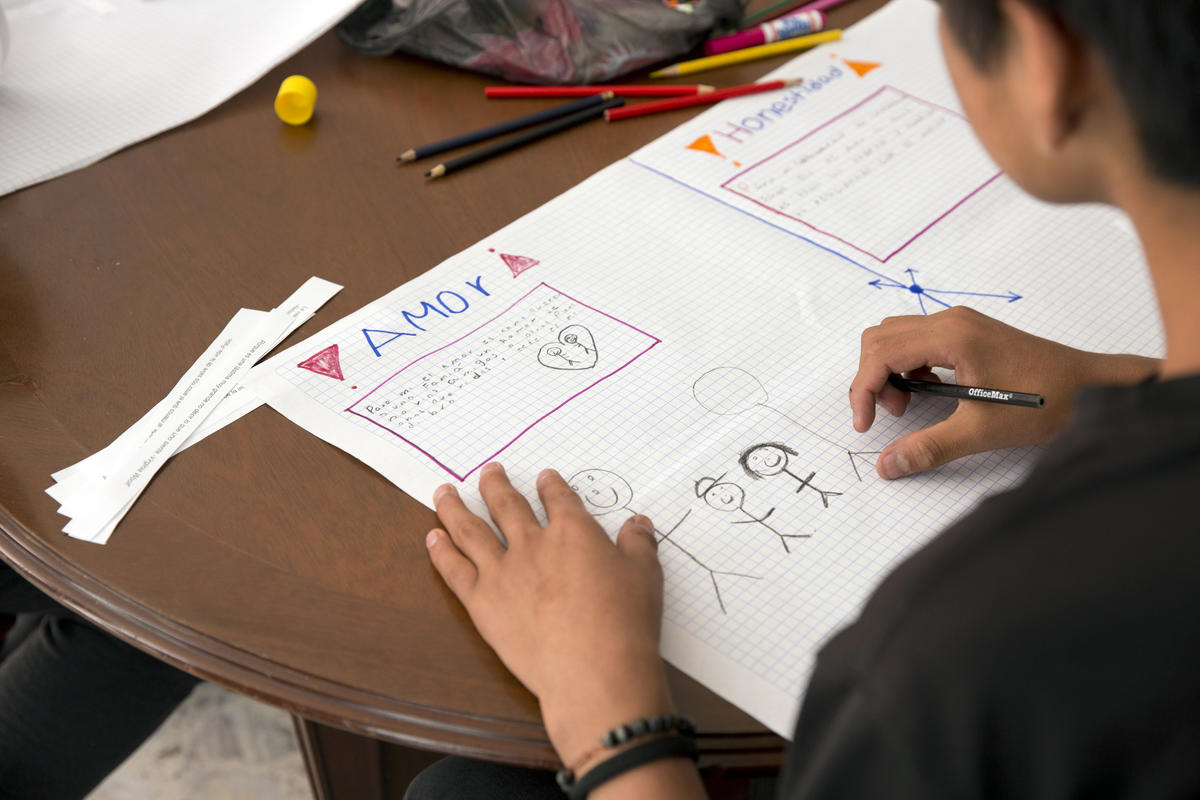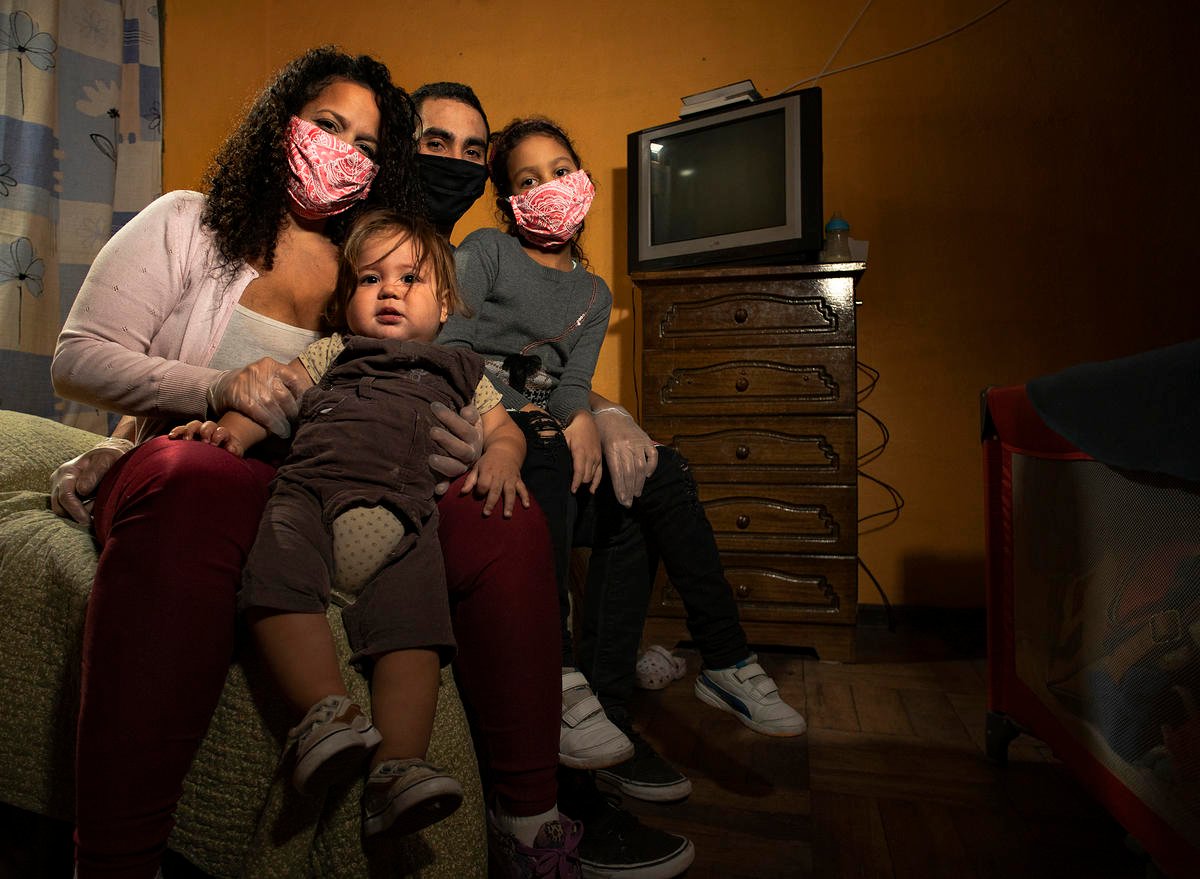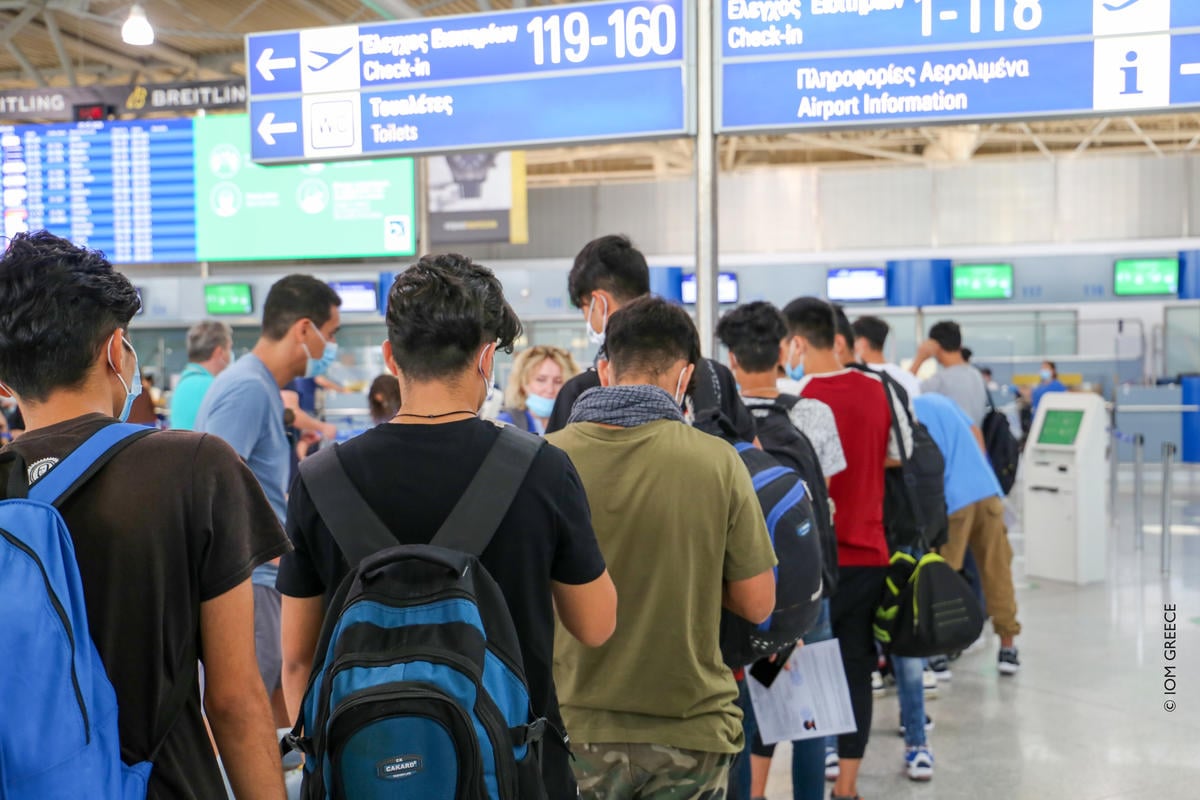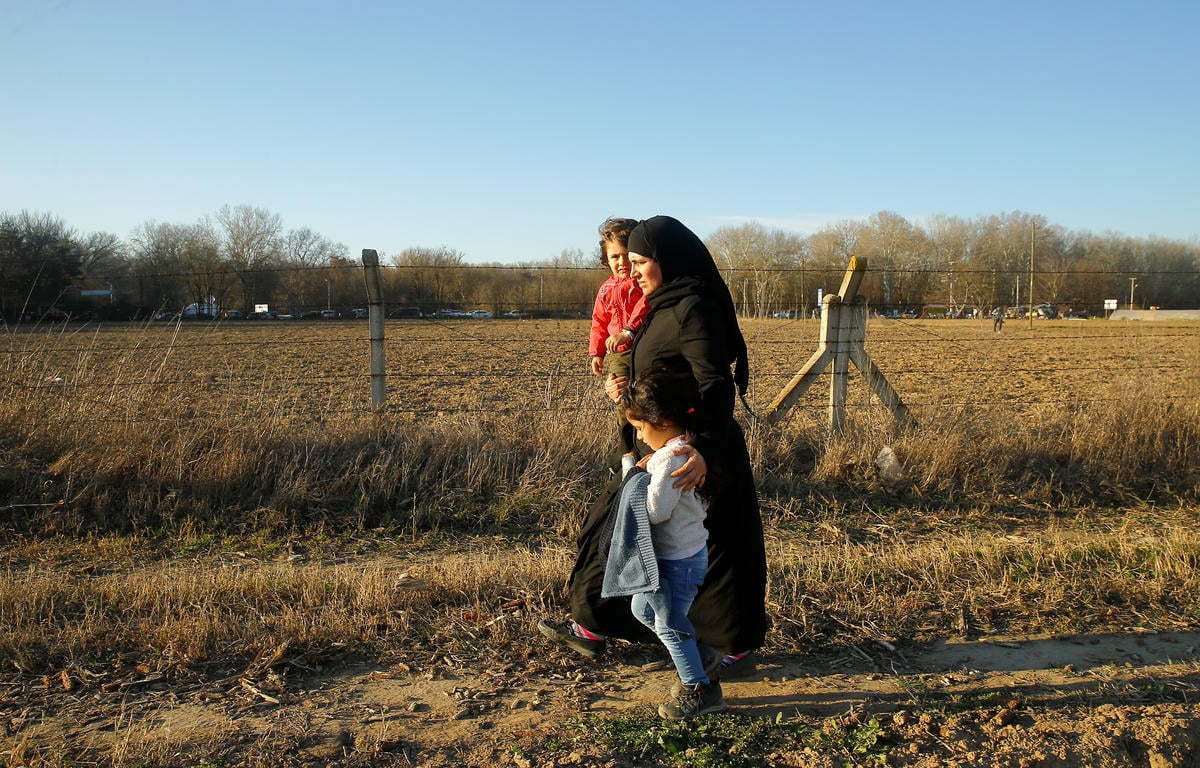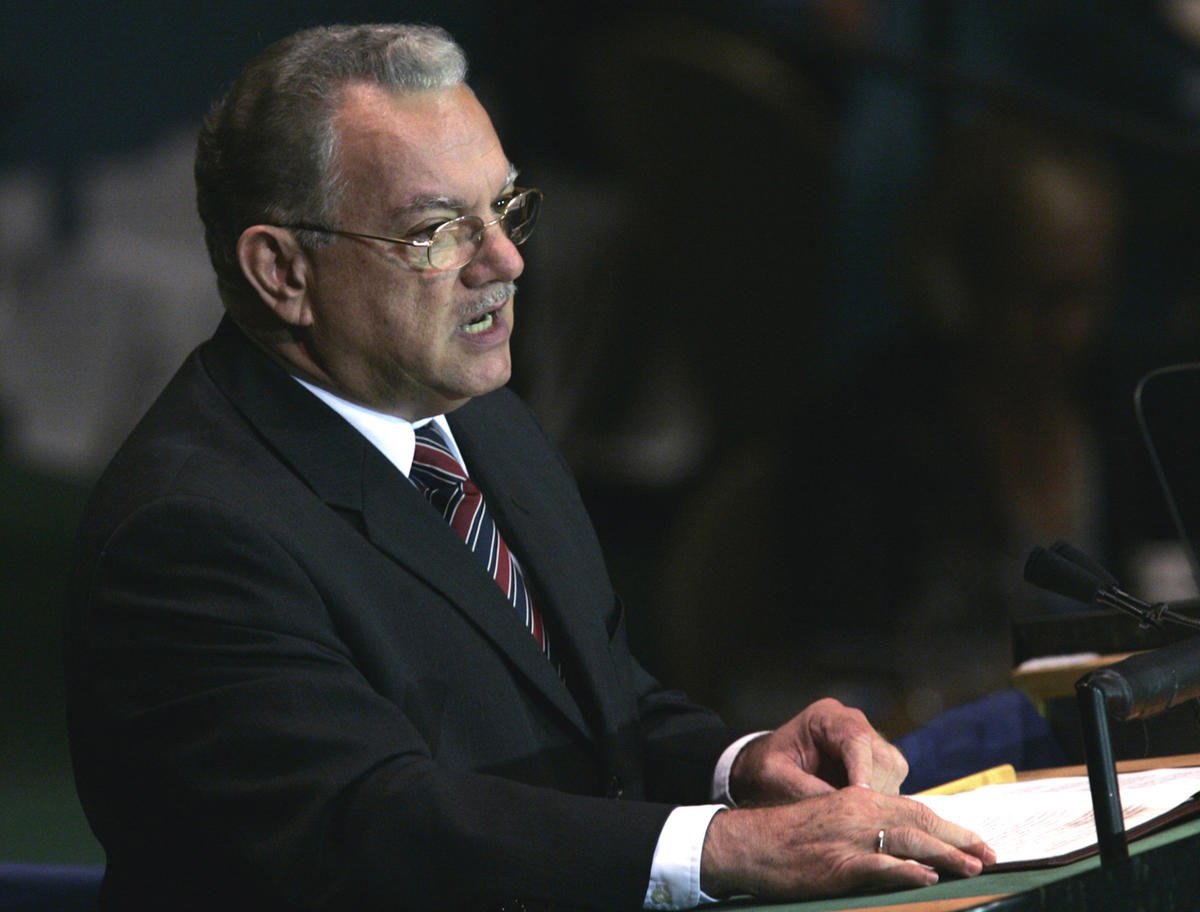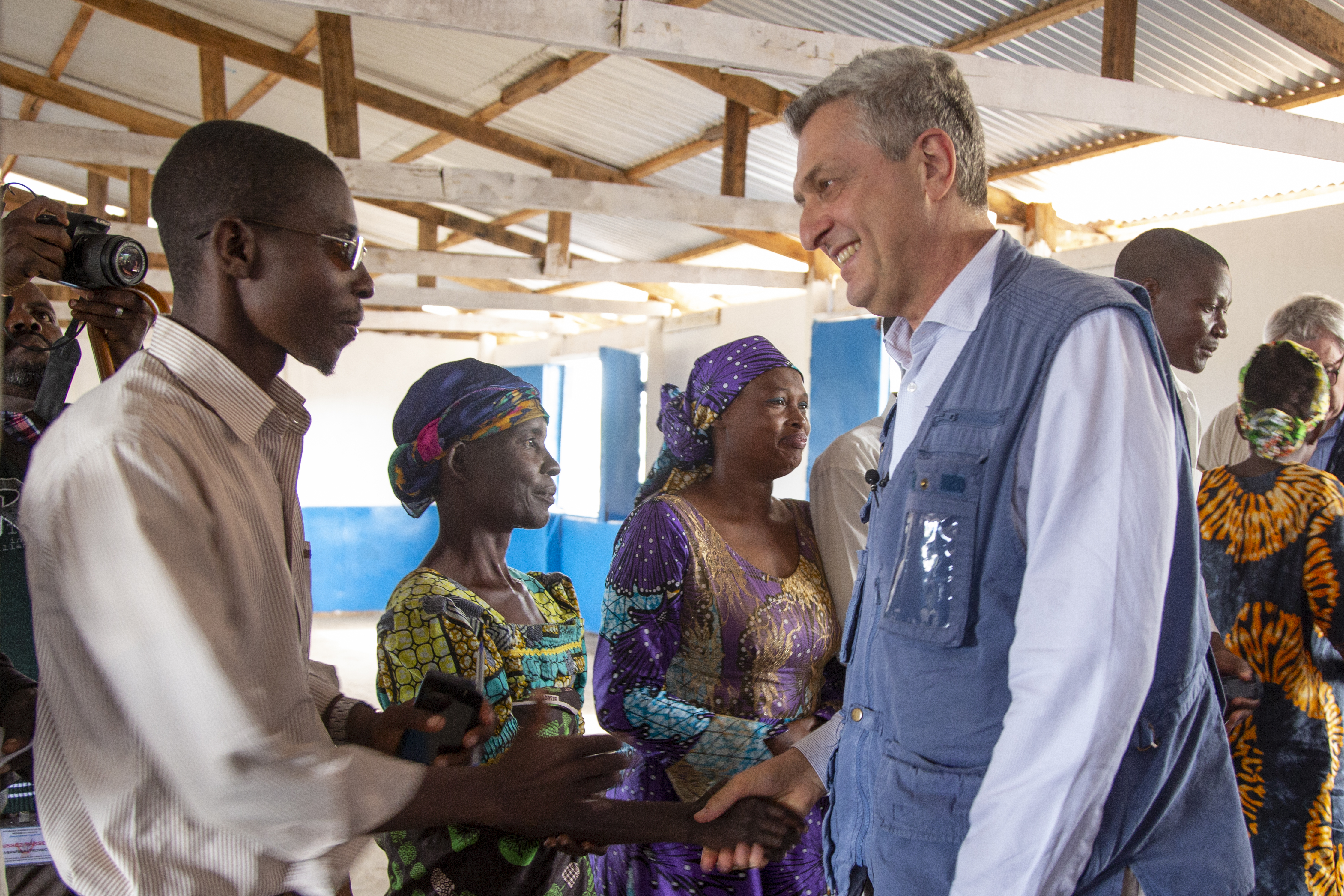Bossaso port in Somalia unlikely El Dorado for the displaced
Bossaso port in Somalia unlikely El Dorado for the displaced

SOUTH OF BOSSASO, Somalia, March 1 (UNHCR) - As dawn breaks over the desert at the start of what will be another merciless, scorching day, an overloaded truck slows to a stop and a small band of five men and two women hop down and head for a small rocky hill not far from the road.
These young Ethiopians - already on the road by truck and by foot for up to 15 days - are nearing their destination, Bossaso, the commercial capital of Puntland in north-east Somalia, a port town that has become a magnet for migrant workers and former refugees from all corners of this Horn of Africa country.
"I left Ethiopia because I need to go to work," says one of the Ethiopian men, stopping briefly before heading over the hills to sneak past a police checkpoint into town.
"There is no work at home. Without work, you are not living," the 22-year-old says in English. He's heard a lot about Bossaso, whose bustling port offers a chance for casual jobs that pay US$1 a day. "When I get the chance, I will work any place."
Bossaso is an unlikely El Dorado. It's a dusty town without a single paved street, not one neon sign, and scarcely a building over one storey. But it's largely peaceful and relatively secure, and that counts for a lot in Somalia. (Puntland has its own government and has proclaimed its autonomy to distinguish itself from lawless south and central Somalia, but it has not declared independence.)
So people are pouring into Bossaso - former refugees who have returned to their own country but not their own villages, Somalis who have given up on their homes in the south of the country, migrants from southern Somalia and Ethiopia passing through to catch smugglers' boats for Yemen and the Gulf States, and some Ethiopians who say they are fleeing persecution and need asylum.
"I would rather stay in Bossaso," says Raho Rasoni, a Somali woman who's been displaced from her home village for more than half her life. Two years ago she fled the country's violent capital with her husband and 10 children, afraid that it was inevitable one of them would die in the senseless gunfire on Mogadishu's lawless streets.
"One hundred percent, this is much better than Mogadishu," says Raho, welcoming visitors to the three shacks made of sticks lined with empty cement bags, which she shares with her family in Shabelle shanty settlement on the outskirts of Bossaso. "I pray God will not take me back to Mogadishu."
Shabelle - apparently named after the central Somali region which many of its displaced residents fled - offers peace and some modicum of security, but little more, Raho concedes. Her husband works whenever he can. "One day he's got money, one day he doesn't," she says. "The time he gets work, we cook; the time he doesn't, we don't."
Holding her two-year-old child in her lap, and surrounded by the rest of her brood, she says matter-of-factly: "Today they didn't have breakfast, and we're not sure they will get lunch."
Despite the fact that they get little in the way of city services, the many newcomers still place a strain on the town.
"Bossaso can't cope with this huge migration of people coming from wide corners of the region," says Khadiyo Yusuf Ahmed, who runs a mother and child health care clinic in the city. Its buildings were rehabilitated by UNHCR and its funding comes from other UN agencies and private charities.
UNHCR and other United Nations agencies plan to submit a Comprehensive Plan of Action (CPA) to donors to help place Somalia's citizens on a more stable footing by protecting returnees and internally displaced people, including improving the nutrition of women and children, improving access to clean water and sanitation and increasing access to health care and education.
The plan also proposes helping people make a living to support themselves, and to help reduce the incidence of the risky human smuggling from Bossaso across the Gulf of Aden. Compilation of the CPA was funded by the European Commission.
A visit to any of the shanty settlements inhabited by people displaced from other parts of Somalia (including former refugees who settled here instead of going to their own villages) shows there is room for huge improvements in their standard of living.
Eighty-five percent of the people in these settlements use contaminated water, and have to walk up to 20 minutes to fetch even that, according to a study by the Somali Reunification Women's Union (SRWU), a private non-governmental organization. Three-quarters of the residents have no access to a toilet or latrine.
Half the residents of these settlements eat only one meal a day; 47 percent have two meals a day. Virtually no one eats the three meals a day that people in the West largely regard as their birthright.
Despite the squalor of the settlements, 90 percent of residents told SRWU they prefer these settlements to their original homes because of security and access to employment in Bossaso. Only three percent want to go home to other parts of Somalia; the other 97 percent want to stay in Bossaso.
"Because Puntland does not receive any bilateral aid from individual countries, and has few sources of income on its own, it is really up to the United Nations and partner agencies, with the support of the international community, to improve the lives of these desperate people," says Guillermo Bettocchi, Nairobi-based UNHCR Representative for Somalia.
"It is an investment well worth making," he adds, "because stability in Somalia would mean a great deal for the stability of Africa and even the security of the world. Somalia is very strategically located in the Horn of Africa. A prosperous Somalia could be a real gateway to an economically vibrant Africa."

Meanwhile, back in Shabelle settlement, Raho, now expecting her 11th child, views her future far away from her home village with rather cheerful resignation.
"Most of my life I have been displaced," she says, "and I expect to remain the same."
By Kitty McKinsey in Bossaso, Somalia


